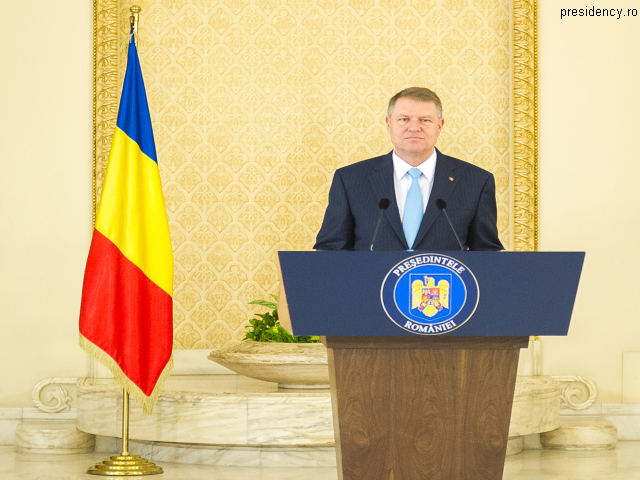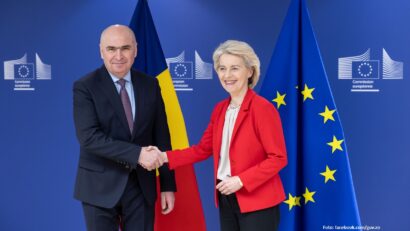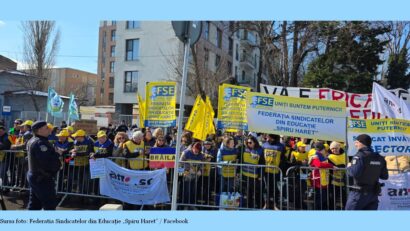Romania, a Negotiator in the Middle East
Romanias president takes part in the autumn European Council, focused on the refugee crisis and Syria.

România Internațional, 15.10.2015, 13:19
The refugee crisis and the developments in Syria rank high on the agenda of the European Council autumn session, taking place on Thursday and Friday in Brussels. The leaders of the 28 EU Member States, including Romanian president Klaus Iohannis, are looking for new solutions to handle the wave of migrants coming in from the Middle East and Northern Africa.
Before heading off to Brussels, the president referred to the migration phenomenon, which generated many tensions within the EU. Klaus Iohannis said Romania was solidary with the other EU states and wanted to remain part of the solution. The important thing however, the president argues, is to identify the source of these refugees, and it is pretty obvious the main source is Syria, as the ongoing conflict there has prompted many people to flee.
Klaus Iohannis: “The conflict in Syria is the cause of a huge number of refugees, both in other countries in the Middle East and in the European Union. The solution is obvious: ensuring peace in Syria. For that, all stakeholders must join forces. The fact that, in recent months, Russia has made military interventions in Syria does not help find a way out, and instead, we believe, it only makes matters worse. The only viable solution right now is to negotiate. All parties involved must sit at the negotiations table, and only then will a solution be at hand.
The fact that Romanias embassy in Damascus is still operational might turn Romania in a mediator for peace in the region, the President believes. His view seems to be shared by the US Ambassador to NATO Douglas Lute, who says Bucharest might contribute to finding a political solution to the Syrian crisis. In turn, Petru Filip, the chairman of the Senates Foreign Policy Committee, also referred to Romanias role in the Middle East, during his official visit to Israel and the Palestinian territories.
Petru Filip: “We are trying to preserve this role of political mediator, so to say, that Romania has had in the area for years. I believe this is a benefit for Romania and for Romanias policy in the Middle East. I dont only mean Israels relations with the Palestinian Authority, but also to the other states in the region. We are trying to be politically active in the area, and at least let the others know that our diplomatic missions are willing to mediate peace and stability in the area.
Petru Filip also reiterated Romanias intention to support the peacekeeping efforts in the Middle East together with its international partners.






























